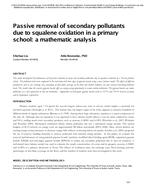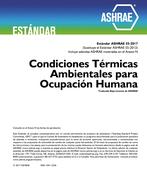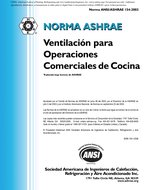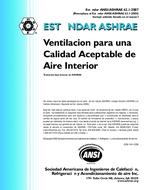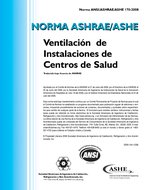Description
This study investigated the performance of the passive reduction of ozone and secondary pollutants due to squalene oxidation in a Texian primary school. The pollutant levels were compared in the classroom with three types of gypsum boards using a mass balance model. The effects of different parameters, such as air exchange rate, percentage of skin flake coverage on the floor and student numbers, are also assessed concerning pollutant levels. The results show the reactive gypsum boards offer an energy-saving opportunity to remove indoor pollutants. The gypsum boards can reduce pollutants at a level equivalent to that by ventilation. Application of wall paper gypsum boards leads to 15.1% and 19.1% decrease of ozoneand its byproducts, respectively.
Citation: IAQ Conference: IAQ 2013: Environmental Health in Low Energy Buildings
Product Details
- Published:
- 2013
- Number of Pages:
- 8
- File Size:
- 1 file , 1.7 MB
- Product Code(s):
- D-2013IAQConf-74
